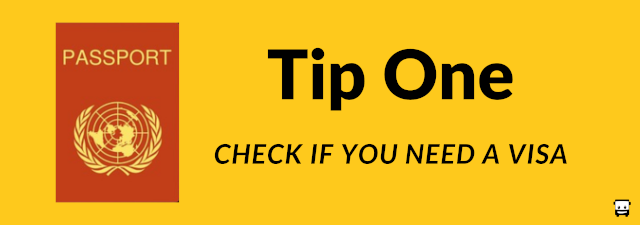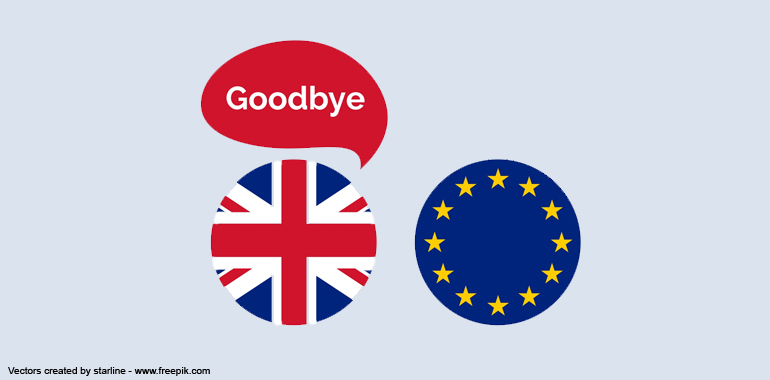Brexit has been extended to January 31st with the possibility of the UK leaving the European Union earlier if a deal is agreed on. While there is still a degree of uncertainty, that shouldn’t discourage you from planning a trip to the continent in 2020. There should be little disruption when travelling via coach, air or ferry between the UK and EU countries, however there will be some changes to take into consideration when travelling. Here are some good travel tips to keep in mind when planning a European holiday in the new year with post-Brexit travel.
1. Check if you’ll need a Visa

UK residents will not require a visa when visiting EU countries if they’re traveling for less than 90 days per a period of 180 days. This also applies to countries such as Iceland, Liechtenstein, Norway and Switzerland which are a part of the European Economic Area. If you plan to stay longer term, then you’ll need to check what steps you’ll need to take for a visa.
In 2021, it’ll be expected that UK citizens may need a travel permit in the event of no deal, as a part of the European Travel Information and Authorisation Scheme (ETIAS).
2. Make Sure your Passport is Up to Date

UK nationals will need to make sure that there is at least 15 months left on their passport to be able to travel to an EU country in the event of no-deal Brexit. If you’re unsure whether your passport will be valid, you can always check the government website’s free passport checker to see if you need to renew your passport.
3. Re-examine Your Travel Insurance

Now is a good time to have a second look at your travel insurance, particularly if you use a European Healthcare Insurance Card. While this may be included if a deal is made, it’s best to look into other options in the event that this becomes invalid. According to the government, it’s especially important to make sure your insurance has the appropriate coverage if you have a pre-existing condition. Fortunately, countries such as Spain, Ireland and Portugal have already made agreements that allow British travellers to use the same treatment whether a deal is made or not. It’s important to do a bit of research about the country you’re travelling to before your trip.
4. Doublecheck Cross-Border Ground Transport

The government has predicted that many transportation services, including coaches, flights, cruises, ferries, and the Eurostar and Eurotunnel will continue to operate as normal after Brexit. However, some bus and coach services to non-EU countries from the UK may be disrupted in the event of a no-deal scenario. In this event, CheckMyBus can help you find and compare alternatives and will show you all the available options. It’s also worth keeping in mind that delays might occur if additional checks are required when travelling between the EU and UK.
5. Know Where to Queue at the Airport

Once the UK leaves the EU, that means UK travellers will need to start waiting in non-EU queues, which can mean longer trips through border patrol. This means you should factor this extra time in when travelling to the airport to make sure you have plenty of time to get through security and catch your flight on time.
You may also be required to show a return ticket for your trip in the case of no-deal to prove your intention to return to the UK. It’s also worth noting that if you’re travelling between the UK and an EU country with sums greater than £10,000, you will need to declare this.
6. Be Careful with Your Money

The value of the pound has been fluctuating since the referendum, and as such it’s generally a good idea to order your currency as soon as you can prior to your trip. Saving the exchange to the last minute when travelling can be particularly expensive.
Keep in mind that should the UK leave without a deal, using a UK bank card in Europe could be more expensive due to added cross-border charges.
Duty-free rules at airports will also change, at least momentarily, and will only permit tax-free tobacco or alcohol when travelling internationally. This however doesn’t apply when travelling with goods from Northern Island to Ireland.
7. Consider Your Phone Tariff

UK citizens traveling to the continent may be facing higher charges for their phone tariffs as “roam like home” deals won’t be guaranteed in the event of no deal. Fortunately, customers should be partly protected by a recent law which prohibits companies from charging more than £45 without informing the customer. It will be a good idea to check with your phone operator to see if there will be any changes.
Share this post:


